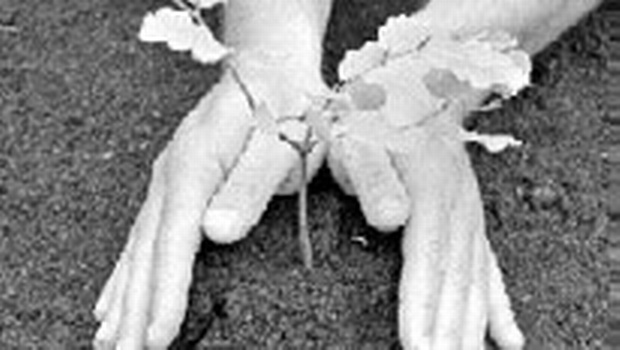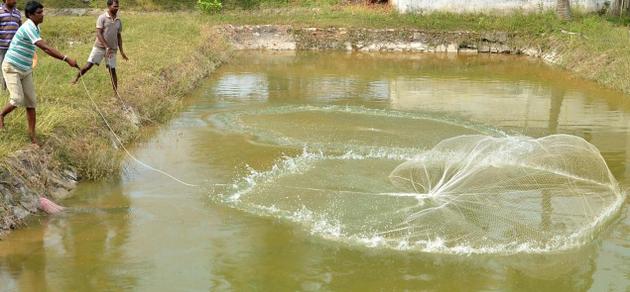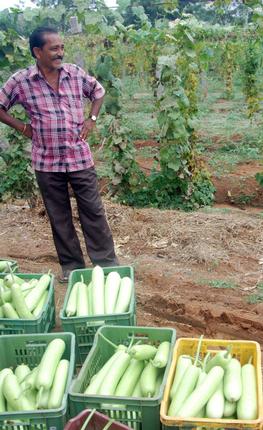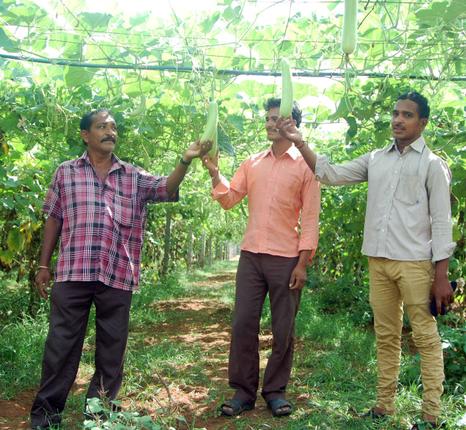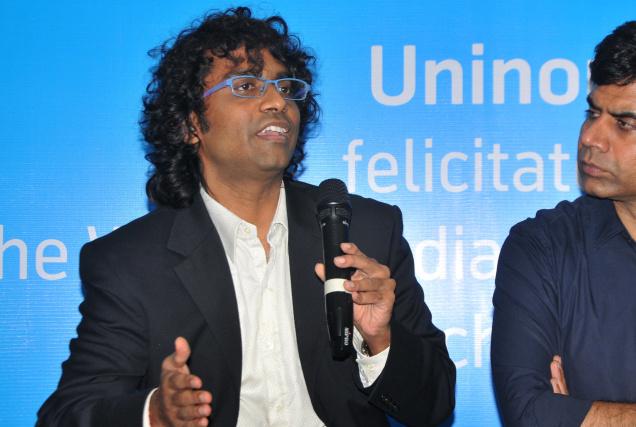Sangareddy :
Dr William D Dar, Director General, Hyderabad-based International Crops Research Institute for the Semi-Arid Tropics (ICRISAT) is relinquishing his post on 31 December 2014 after an unprecedented three, five-year terms. Dr Dar is leaving behind a legacy of benefiting millions of marginal farmers in Asia, sub-Saharan Africa and other dryland regions of the world.
“After 15 years, we have completely transformed ICRISAT into one of the best international agricultural research for development (AR4D) centres in terms of innovative and inclusive research programmes, scientific excellence, impact on smallholder farmers, and financial health and stability,” said Dr Dar who assumed the institute’s top position in 2000.
Through his strong and transformative leadership and astute governance, Dr Dar has quadrupled the income and investments poured into ICRISAT by development partners, from US$ 22 million in 2000 to US$ 85 million as of 2014.
This financial stability has brought improved capacity and high morale among scientists and staff over the years, translated into unprecedented achievements in the institute’s AR4D programmes, and the corresponding impacts on food security and poverty reduction goals.
Over the decades, ICRISAT has grown into a pipeline of innovations and impacts that are changing the lives of the dryland poor on a large scale, showing high returns on social investment. In a 2014 ex-post impact assessment study of ICRISAT’s highly successful breakthrough innovations called ‘Jewels of ICRISAT’ – a return on investment of US$70 on average for each dollar invested in AR4D, and an internal rate of return of 35 per cent was generated. These outstanding economic rates of return to investment illustrate ICRISAT’s core science and impacts.
Restoring strong relations with countries that host ICRISAT in Asia and sub-Saharan Africa, and forging strategic public-private-people partnerships worldwide, the institute was able to broaden its donor base and to mobilise new resources that are fully compatible with the public-goods orientation of ICRISAT and the CGIAR. ICRISAT is a member of the CGIAR Consortium.
Today, ICRISAT’s three top donors, outside the CGIAR system, are the Bill & Melinda Gates Foundation, India (the largest of any CGIAR host country), and the United States Agency for International Development (USAID). The Gates Foundation is funding three of the institute’s major AR4D initiatives: the HOPE project (Harnessing Opportunities for Productivity Enhancement of Sorghum and Millets); the Tropical Legumes II (TL-II) project; and the Village Dynamics in Southeast Asia (VDSA).
With the innovative AR4D programmes and the culture of scientific excellence that Dr Dar introduced, ICRISAT continues to attract much-needed investments into the development of climate-smart and sustainable crop cultivation and technologies of the institute’s mandate crops – chickpea, pigeonpea, groundnut, sorghum and pearl millet – crops that are farmed by millions of smallholder farm families in the drylands of the world.

The ICRISAT Governing Board has appointed Dr David Bergvinson as the next Director General of ICRISAT for a five-year term, effective January 01, 2015 to move the institute further in generating and sharing cutting-edge global scientific innovations, and bring about genuine pro-poor growth and inclusive market-oriented development in the drylands.
A Philippine national, he is set to return to his country to share his management and technical experience and knowledge with Filipino farmers particularly in transforming rain-fed and unproductive farmlands into productive, sustainable and climate-smart farms through an agri-based social movement called Inang Lupa (Motherland).
Notable achievements of ICRISAT 1.The formulation of a new, more dynamic institutional strategy known as Inclusive Market-Oriented Development (IMOD) which shifted ICRISAT’s focus towards enabling poor farmers to harness markets for poverty escape
2.Establishment of Centres of Excellence for genomics, transgenic research, climate change research for plant protection, and information and communications technology (ICT) innovations for agriculture
3.An inclusive and technology-based entrepreneurship and agribusiness strategy – the Agribusiness and Innovation Platform – through public-private partnerships to bring science-based technologies and products to the market for the benefit of marginal farmers
4.Scaling out a sustainable natural resource management model called Bhoochetana (land rejuvenation), which uses soil analysis as an entry point, that has brought prosperity to resource-poor farmers in India
5.Establishment of the ICRISAT Development Centre (IDC) to undertake large-scale uptake of science-based technologies for the benefit of marginal farmers
source: http://www.newindianexpress.com / The New Indian Express / Home> States> Telangana / by Express News Service / December 15th, 2014
